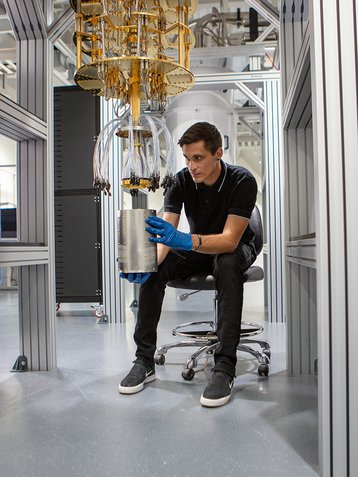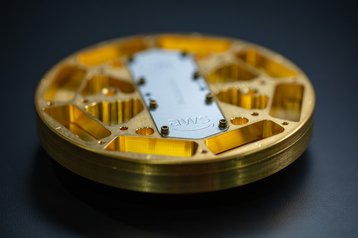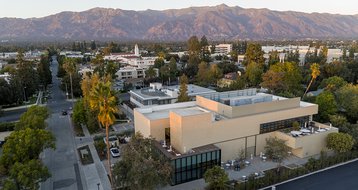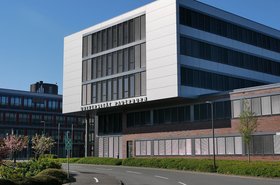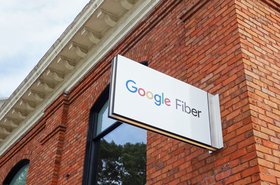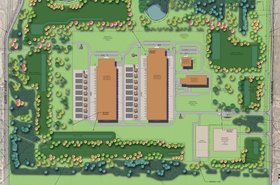Amazon Web Services' quantum computing research unit has moved into its home at the California Institute of Technology (Caltech) in Pasadena.
In its new facility, the AWS Center for Quantum Computing will work to build a fault-tolerant quantum computer, an area in which AWS has already published research papers. The building includes office space and laboratories for the cloud giant's quantum research teams, so hardware engineers, quantum theorists, and software developers can work side by side on the interlocking issues of developing quantum computers.
The Center will make and test new quantum processors, develop control processes, and work on the supporting technology such as cryogenic cooling systems needed by larger quantum systems.
Building better qubits
"A bold goal like building a fault-tolerant quantum computer naturally means that there will be significant scientific and engineering challenges along the way, and supporting fundamental research and making a commitment to the scientific community working on these problems is essential for accelerating progress," said Nadia Carlsten, head of product at the new Center, in a blog post. "Our Center is located on the Caltech campus, which enables us to interact with students and faculty from leading research groups in physics and engineering just a few buildings away."
The Center will be working to build better superconducting qubits, aiming to make the process repeatable and scalable to increase the number of qubits and get closer to a workable quantum computer.
"There is more to building a useful quantum computer than increasing the number of qubits, however," says Carlsten, adding that better quantum systems need a faster clock speed and well-designed support systems such as the refrigerators which ensure they remain superconducting and preserve their quantum coherence.
Error correction
"The ultimate measure of the quality of our qubits will be the error rate, or how accurately we can perform quantum gates," she says, pointing out that noise limits today's quantum devices. "There are two ways that we are approaching making better qubits at the AWS Center for Quantum Computing: the first is by improving error rates at the physical level, for example by investing in material improvements that reduce noise. The second is through innovative qubit architectures, including using Quantum Error Correction (QEC) to reduce quantum gate errors by redundantly encoding information into a protected qubit, called a logical qubit. This allows for the detection and correction of gate errors, and for the implementation of gate operations on the encoded qubits in a fault-tolerant way."
The AWS Center wants to reduce the number of physical qubits to record logical qubit data, which will enable more efficient error correction: "In particular, we are optimistic about approaches that make use of linear harmonic oscillators such as Gottesman-Kitaev-Preskill (GKP) qubits and 'Schrödinger cat' qubits."
Carlsten hopes to soon reach a milestone, when quantum error correction enables logical qubits to be made more accurate than the physical qubits they are made from: "Our ultimate goal is to deliver an error-corrected quantum computer that can perform reliable computations not just beyond what any classical computing technology is capable of, but at the scale needed to solve customer problems of practical importance."
Why Caltech?
Caltech has a history in quantum computing, from Nobel prize winner Richard Feynman, who came up with the idea 40 years ago, and the AWS Center is led by the John G Braun Professor of Applied Physics, Oskar Painter, who is head of quantum hardware, and Bren Professor of Theoretical Physics Fernando Brandao who is head of quantum algorithms. The Center will provide scholarships and training for students and young Caltech faculty members.
The Center also has links to academics from the University of Chicago, Maryland, Stanford, and Dartmouth, according to Carlsten.

